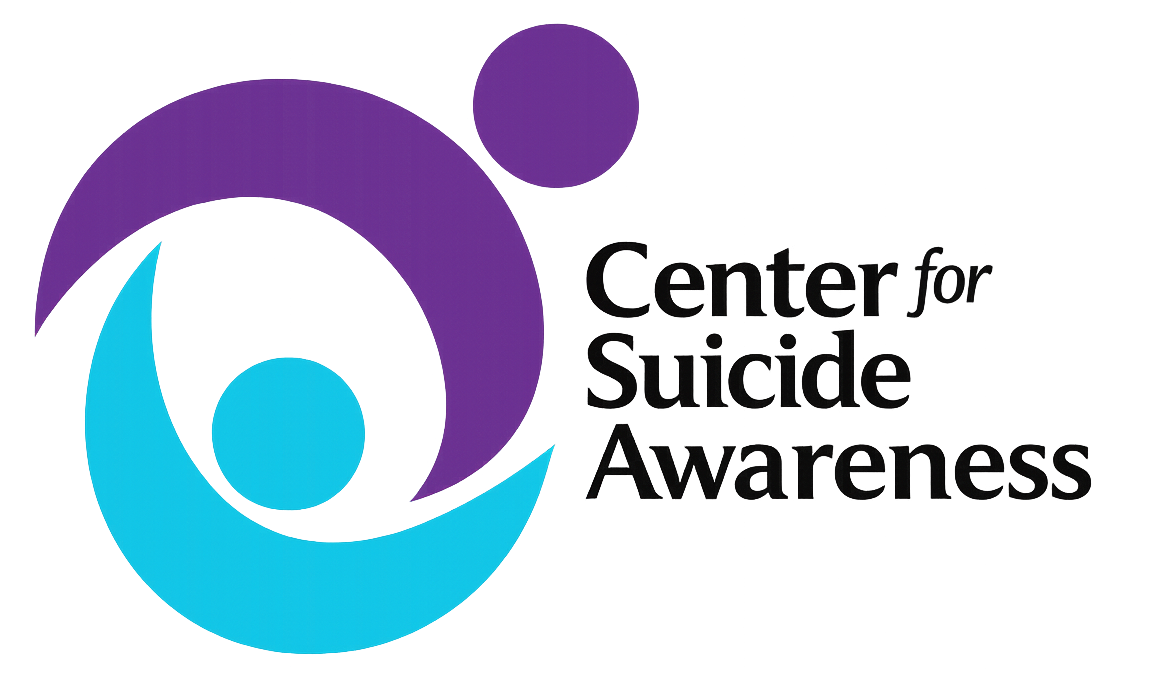Supporting Survivors: Why Stability, Safety, and Human Connection Save Lives
Aug 03 2025 01:13
Renee Kasuboski
Sharing a Person’s Journey Can Offer Hope to Others
Supporting Survivors: Why Stability, Safety, and Human Connection Save Lives
When a young person ages out of an abusive household or unstable home, they often face a terrifying reality: no safety net, no resources, and no place to go. In these moments, they are at high risk for homelessness, exploitation, or suicide.
And yet, with the right support, it is possible to build a life they never thought they’d have.
I know this because I’ve witnessed it firsthand.
A young woman I once supported was on the brink of giving up. She had spent her childhood in a constant state of survival, weighed down by years of emotional and physical abuse. When she turned 18, she had no plan—just a bag, a birth certificate, and the courage to walk away. She didn’t need someone to fix everything. She just needed a safe place to land—and someone who wouldn’t give up on her.
The Transition to Adulthood: A Tipping Point
For survivors of abuse, turning 18 can feel more like falling off a cliff than reaching a milestone. Without access to trauma-informed services or a stable adult connection, many fall through the cracks.
Some of the most urgent needs for someone leaving abuse include:
- Safe, confidential shelter
- Crisis mental health support
- Help navigating the legal system
- Transportation, vital documents, and basic necessities
- Long-term connection and emotional support
Understanding Complex Trauma
Many survivors of long-term abuse develop Complex PTSD (C-PTSD) —a condition that affects far more than just memory or fear. It can impact a person’s entire sense of self, safety, and emotional regulation.
Even after leaving an abusive environment, survivors may:
- Struggle with anxiety, dissociation, or emotional shutdown
- Have difficulty trusting others or forming healthy relationships
- Battle suicidal thoughts or urges to self-harm
- Feel undeserving of love, stability, or peace
This is why stability isn’t a luxury—it’s a lifeline.
What Stability Really Looks Like
Stability doesn’t require perfection. Often, it’s the small, steady things that create space for healing:
- A warm, safe bed every night
- A predictable routine and access to healthy meals
- Encouragement without judgment
- Help finding a job or returning to school
- Someone to celebrate small wins and stay present through setbacks
For the young woman I mentioned, these small things added up. She eventually graduated high school with honors, held a full-time job, got promoted, and began attending college. Today, she’s living independently and pursuing her passion—something she once thought was out of reach.
You Don’t Need to Be a Professional to Help
If someone in your life is in crisis or transitioning out of trauma, you don’t need credentials or specialized training to make a difference. What they need most is you —a safe, steady, compassionate presence.
You can help by:
- Listening without trying to fix or diagnose
- Offering safe transportation or temporary shelter
- Connecting them with local shelters, advocates, or mental health professionals
- Being patient and nonjudgmental—especially during setbacks
- Learning about trauma and C-PTSD so you can respond with empathy
Local Resources That Can Help
🟡 HOPELINE
— 24/7 Crisis Text Line
Text HOPELINE
to 741741
to connect with a trained crisis counselor. Free, confidential support available anytime—for anyone experiencing trauma, suicidal thoughts, or emotional distress.
Learn more
🔵 Harbor House — Appleton, WI
Harbor House serves survivors of domestic and sexual abuse in Outagamie and Calumet Counties. Services include emergency shelter, advocacy, legal assistance, economic empowerment, and prevention programs.
📞 24/7 Hotline:(800) 970‑1171
🌐 harborhousewi.org
Final Thoughts
We often underestimate how much it matters to just be there for someone.
When a survivor is trying to rebuild their life after trauma, one safe place to rest—or one person who truly listens—can be life-saving.
You don’t have to fix everything.
You just have to care.
And if you’ve read this far, you already do.

